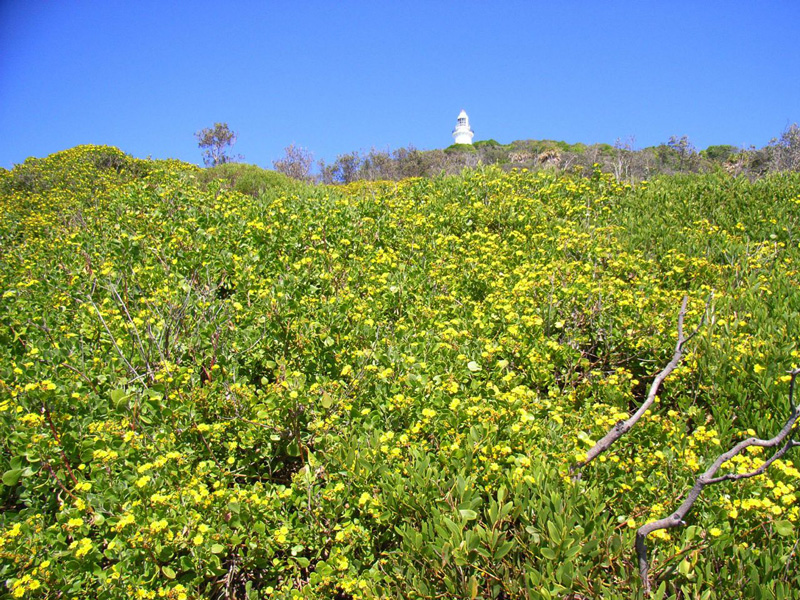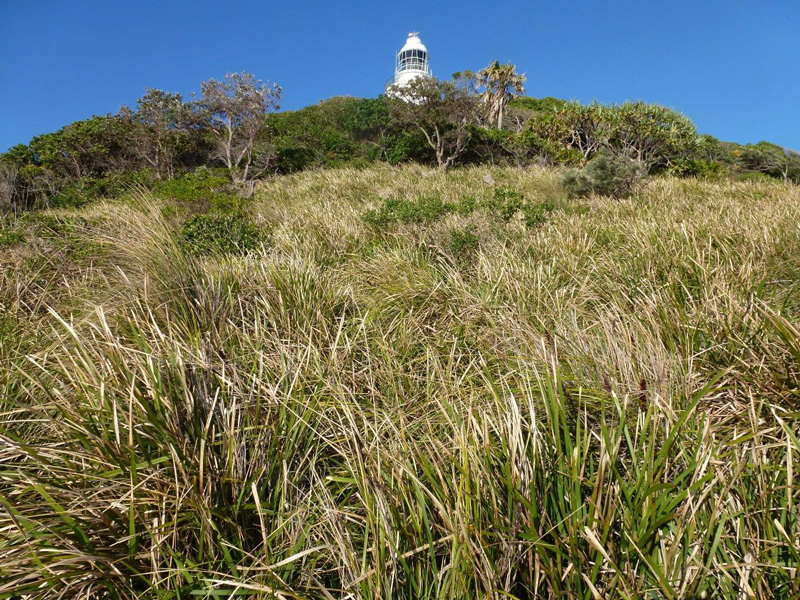BAYSNEWS: Hi there Alan. Can you tell us a little about yourself and who you are?
ALAN: “Who am I?” Initially the product of many things; my upbringing in a working class family from the western suburbs of Sydney: the expectations of me from my family and peer group; being exposed to alternative views provided by a good education and eventually recognising the inconsistencies, perhaps even paradox, thrown up between my lived experience and the received wisdom of others.
So, I guess who I am is the ongoing resolution of the paradox. It is how we live that defines us. I am my relationship with other people, and I am my relationship with myself. In both cases I try to be the best person I can be and, like most people, sometimes I fail.
BAYSNEWS: Thank you for that thoughtful analysis of self. Now, what is your idea of perfect happiness?
ALAN: My current life
BAYSNEWS: What is your greatest fear?
ALAN: Not having enough time to complete everything I have begun.
BAYSNEWS: What is the trait you most dislike in yourself?
ALAN: Procrastination
BAYSNEWS: What is the trait you most dislike in others?
ALAN: Lack of generosity
BAYSNEWS: Which person (living or deceased) do you most admire, and why?
ALAN: My partner, Alan. He has great integrity, generosity and compassion for others.
BAYSNEWS: Which person (living or deceased) to you most despise, and why?
ALAN: Not sure I despise anyone. (though maybe Donald Trump (and his clones) comes close)
BAYSNEWS: What is your greatest achievement?
ALAN: Recognising who I am and becoming that person
BAYSNEWS: What is your greatest regret?
ALAN: Not doing it earlier
BAYSNEWS: Which talent would you most like to have?
ALAN: An ability to play a musical instrument and/or sing well
BAYSNEWS: What is your motto?
ALAN: Wear out don’t fade out
BAYSNEWS: You have an abiding passion which has kept you occupied for many years now. Can you explain what it is and how it came about?)
ALAN: It has been a strange journey. I started my working life in the motor spare parts business. It was lucrative, but deeply unrewarding in every other aspect. So, at the age of 30 I left the world of business to see what I could do to improve my relationships with the people around me and my environment. Freeing up time allowed me to develop a great relationship with my partner of 43 years and create many long and enriching friendships.
At the same time I embarked on a landscape management course at Ryde TAFE. This proved to be a wonderful experience and I met many stimulating people and my eyes were opened to both the degradation of our environment and, more positively, ways in which we as individuals and communities could make positive contributions. In 1984, as part of my course work I went to a conference in Port Macquarie on a weed called Bitou Bush. I had very little knowledge of this plant but at the conference I learnt that it infested approximately 900km of the 1100km long NSW coastline and was predicted to expand rapidly from there!
After I finished the conference in went on to South West Rocks where we have a house. When I started looking at the area around SWR, I soon realised that most of the coastline there was indeed heavily infested by Bitou Bush and I, like many other people, I simply hadn’t seen what was there IN PLAIN SIGHT. Oh how simple life was before that revelation!

Volunteers heading out to work at Back Beach South West Rocks
Like many things in life, once you are aware of something, and you talk with others around you, you soon find a group of people who are similarly concerned. But none of us knew what to do. Some research showed that there were ways of tackling it on a small scale by hand removal. So, our small group tackled a few areas, with some success. However, the scale of the problem required us to come up with some more creative, and hopefully effective, solutions.
So, in 1992 we set up one of the first Dune Care groups in NSW. It was small, but enthusiastic group, and it now gave us more credibility. More importantly, it led to us being able to apply for and administer grants. However, this in turn created another challenge. Now that we had the money to employ contractors to do the primary work, we then needed more volunteers to do lots of follow-up work. As SWR is a small community we decided we should try to attract more volunteers from outside the area by establishing a visiting volunteer program to boost our work efforts. We were fortunate that both our grant applications proved to be successful and the visiting volunteer program took off at the same time.
Fast forward to 2023. We have now controlled Bitou Bush and many other weeds along a 16km stretch of coastline around South West Rocks. We have successfully applied for, and received, over $1.2 million in grant funding and our volunteers have contributed over 45,000 hours of work in rehabilitating this high conservation value section of the NSW coastline.

BEFORE at Smoky Cape Lighthouse with Bitou Bush (with yellow flowers) dominating

AFTER treatment Smoky Cape lighthouse area after treatment
So, two of the lessons I have learnt:
- Many of us work too hard and neglect our relationships with the significant people in our lives and the world around us.
- Don’t be put off by the magnitude of the task, be creative and bring others with you. It is amazing what a group of like-minded people who are focused on a common goal can achieve.
BAYSNEWS: Thank you Alan and thank you for your contribution to planet earth.
Note: This Q&A was adapted from Antionette Faure’s 1886 questionnaire. It was made famous by its first contributor, Marcel Proust, and is now known as the Proust Questionnaire. Of course.
